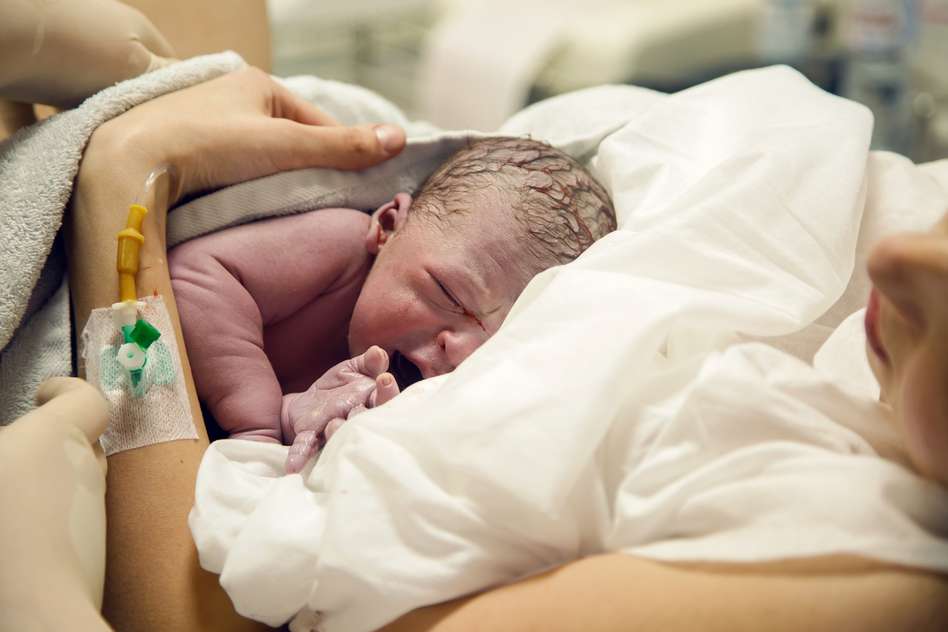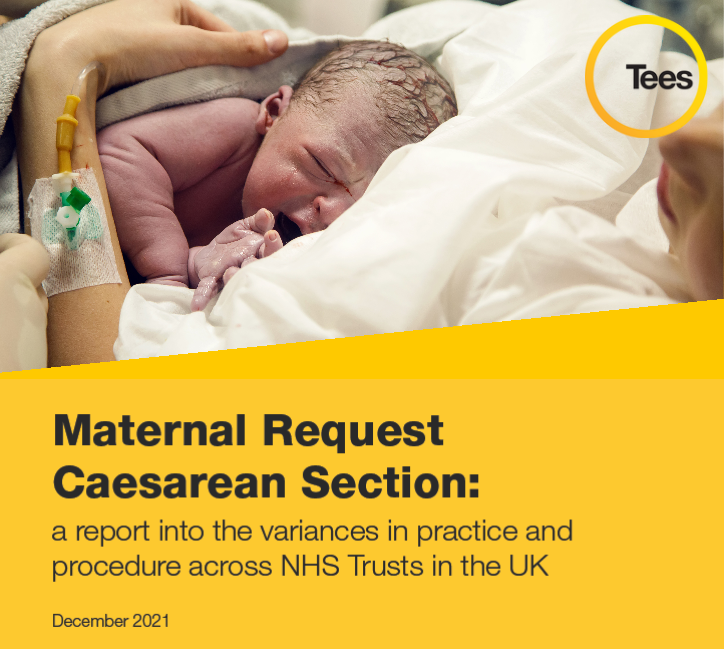medical negligence
Maternal Request Caesarean Section: a report into the variances in practice and procedure across NHS Trusts in the UK

At Tees, we support more and more women who, despite requesting a caesarean section or expressing concern about a vaginal delivery, have been counselled in such a way that steers them towards a vaginal delivery.
Many were entirely unaware that in the UK nearly 40% of women giving birth have an instrumental delivery or a caesarean section; that for first-time mothers, this rises to 50%; or that 4% of women suffer third or fourth degree tears during child-birth, which can lead to life-changing, long-term problems with bowel control and incontinence.
Unfortunately, they have then gone on to endure a traumatic birth, with significant and often permanent chronic mental health and/or physical difficulties. In some cases, their babies may have suffered injury.
Read Tees Law's own report:
 |
READ THE FULL REPORT HERE |
Responses to the FOI requests can be accessed here.
In 2018, Birthrights, a charity that works to promote women’s rights in childbirth, published a report into Maternal Request Caesarean (MRCS), i.e. planned caesarean sections requested by pregnant women in the absence of medical indication. This highlighted that despite the NICE Guidance CG132, nearly 75% of NHS Trusts did not have written guidelines that committed to upholding a woman’s autonomy in this area.
The report concluded that “the majority of Trusts in the UK made the process of requesting a caesarean lengthy, difficult or inconsistent, adding anxiety and distress to women at a vulnerable time” and called for transparency around the differences in policy and processes between UK Trusts.
Three years has elapsed since the Birthrights report was published. With no further studies previously available on this issue that we were aware of – and our Medical Negligence team continuing to support women like Niamh and Anna, who have faced significant difficulties and a feeling of disempowerment when giving birth – in May 2021 we conducted our own research seeking to establish as far as possible, whether practices and procedures in relation to MRCS have changed in UK Trusts since 2018.
Tees are here to help
We have many specialist lawyers who are based in:
Cambridgeshire: Cambridge
Essex: Brentwood, Chelmsford, and Saffron Walden
Hertfordshire: Bishop's Stortford and Royston
But we can help you wherever you are in England and Wales.